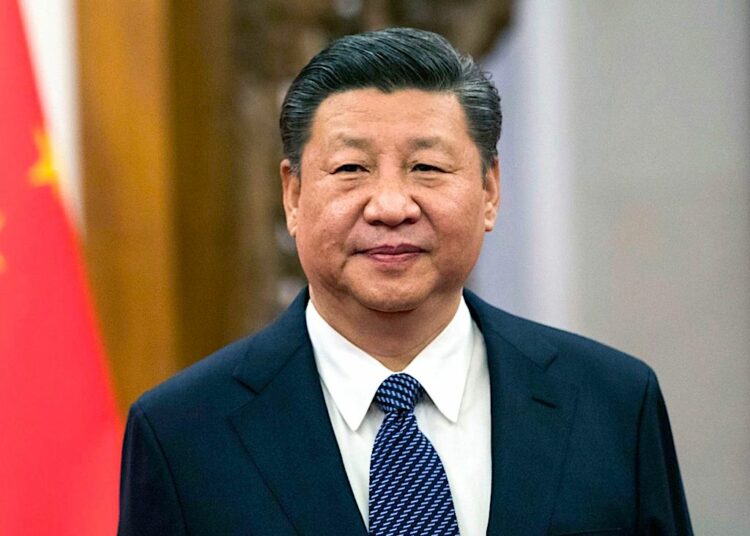By most accounts, the tragic consequences of division, conflicts and confrontation have never been very lucid to the people of the world.
In recent times, the world has been enmeshed with conflicts and turbulence such as the Russia-Ukraine crisis, the Palestine/Israeli conflict and the Red Sea confrontations, among others, which, unfortunately, have shown no sign of abating.
As President Xi Jinping of China once stated: “United or divided, peace or conflict, cooperation or confrontation; are all questions of our time.” The Chinese leader then emphasized that “people’s wishes for a happy life is our goal; peace, development and win-win cooperation are unstoppable trends of our times”.
To be more specific, President Xi Jinping, some 10 years ago, propounded the idea of building a global community of shared future; answering a question thrown up by the world, by history, and by the times: “Where is humanity headed?”
The Chinese president, in Moscow, Russia, in 2013, first spoke of the vision of a global community of shared future while addressing the Moscow Institute of International Affairs (MGIMO in Russian).
For over a decade, the proposition has been steadily enriched and streamlined into a five-point proposal. The five points include building a partnership in which countries treat each other as equals, engaging in extensive consultation and enhancing mutual understanding.
Besides, President Xi proposed five goals for the world. The goals are building a world of lasting peace via dialogue and consultation; building a world of common security for all through joint efforts and building a world of common prosperity by means of win-win cooperation.
Others include the evolution of an open and inclusive world through exchanges and mutual learning and the development of a clean and beautiful world by engaging in green and low-carbon development projects.
The Chinese leader, nonetheless, underscored the need to restore China’s greatness and re-examine the concept of socialism. To him, socialism must integrate and adapt to the characteristics of contemporary Chinese society, which is the ultimate dream of every Chinese citizen.
President Xi Jinping apparently belongs to a school of thought which foregrounds certain ideals such as the development of “a community with a shared future for mankind”.
The Chinese leader’s standpoint, which is widely re-echoed by several global affairs experts, is by all means pragmatic, particularly in the current 21st Century civilization where hegemony, egoism, imperialism, supremacy, injustice, conflict and confrontations are increasingly becoming endemic characteristics.
Perceptive observers believe that Xi Jinping’s proposal for “a community with a shared future for mankind” offers innovative strategies for curbing these problems. This is because the well-thought-out concept refers to what the destiny of each person and/or country has in common with another person, mankind. It, therefore, behoves people of the world to work together to solve the myriad of problems confronting their common destiny.
Global affairs experts emphasize that President Xi Jinping’s concept of “a community with a shared future for mankind” will evolve into a truly pragmatic foreign policy approach. For instance, the China-Africa cooperation is one of the examples of building a community of shared future for win-win cooperation among countries.
It is also worthy to note that the concept of a community with a shared future for mankind is obviously mutually beneficial and a win-win cooperation. In a nutshell, President Xi believes that the community of a shared future for mankind is both a constructive world outlook and an invitation to participate in the “Belt and Road Initiative” (BRI) joint projects.
The BRI is an initiative for economic cooperation, not for geopolitical or military alliance. It is an open and inclusive process that neither targets nor excludes any party. Rather than forming exclusionary cliques or a “China club”, it fundamentally aims at helping China and the rest of the world to seize opportunities and pursue common development priorities.
It is a broad alliance that can be joined by all interested countries to work together for shared benefits. It is evident that the BRI has facilitated the modernization drive of developing countries, leading the world into a new era of transcontinental cooperation.
This viewpoint is shared by global affairs experts who maintain that the global community of shared future for mankind and win-win cooperation has politically, economically and socially restored the democratisation of international relations, which have widely negotiated global governance, regardless of the size and wealth of any nation. Both strong and weak countries are equal in the mutually beneficial and win-win cooperation, considering its multilateralism feature.





